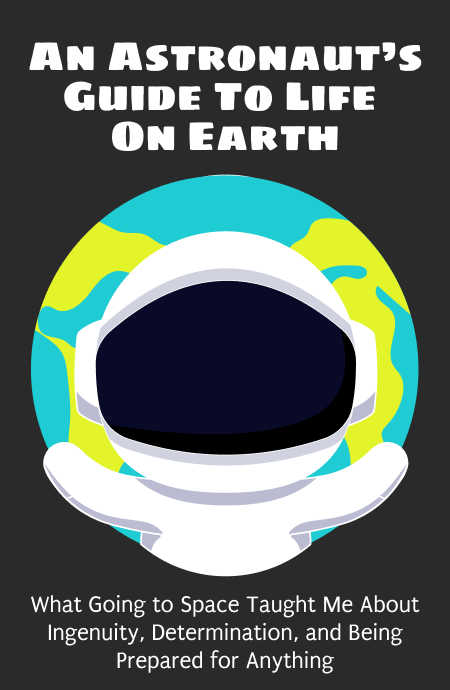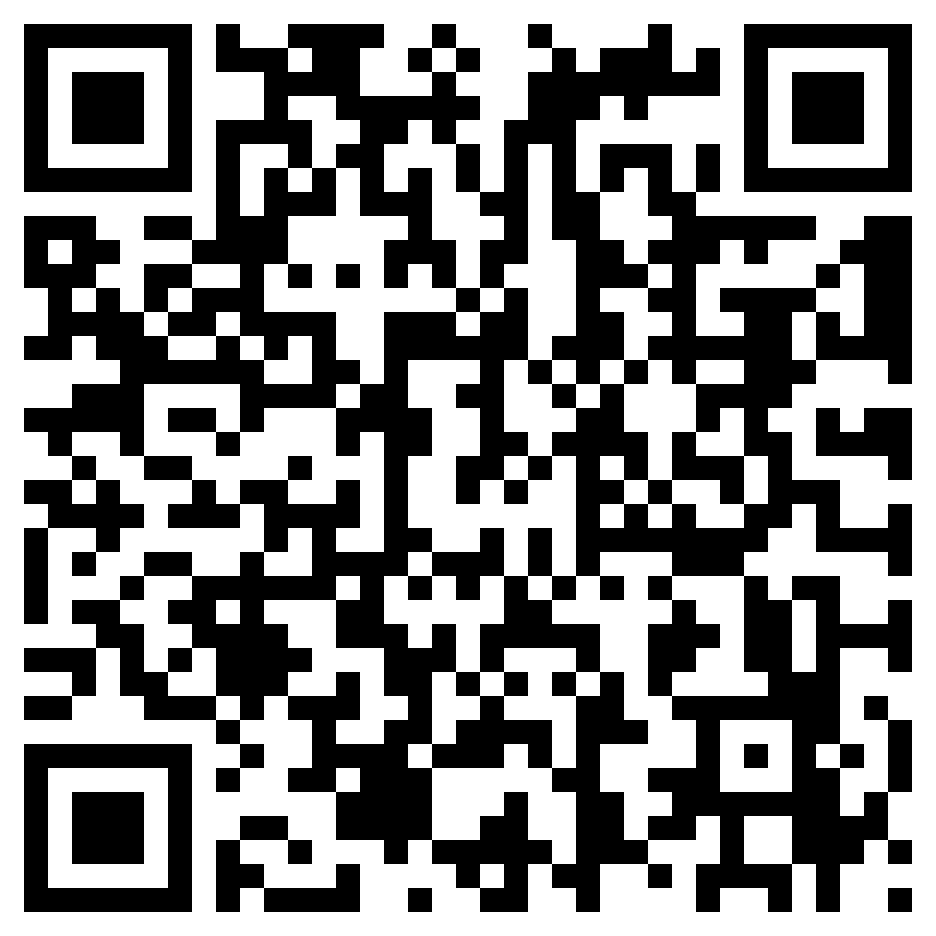Lesson 1. An astronaut needs a plethora of skills.
What does it take to be an astronaut? Well, as Chris Hadfield reveals, the journey to being an astronaut is an arduous one. It involves years and years of training, preparation and studying. Astronauts require a vast range of skills. The obvious ones include navigating a rocket, spacewalking, repairing equipments on the space station and conducting experiments. Additionally, astronauts also need to be able to perform less obvious tasks like basic surgery, programming their computers, rewiring electrical panels or conducting press conferences.
Astronauts up in space are completely on their own. They need to be able to respond to any crisis in space that might occur. Expecting help to arrive from earth while they are orbiting the planet is nothing but wishful thinking. Several untoward incidents might occur in space: a leakage of some toxic gas, a fire breakout, engine trouble, computer meltdowns or explosions. This is where an astronaut’s preparation comes to use.
The most important lesson we can glean from this book is the importance of being well-prepared. Hadfield mentions that the ratio of preparation and actually performing the tasks you’ve prepared for is almost 99:1. For each day in orbit, you have to train for many months. Before being assigned a mission, you need to train for several years. And after you’ve been assigned a mission, two to four more years are spent on preparing specifically for that mission.
Lesson 2. Preparation for anything and everything.
“If you’re striving for excellence – whether it’s in playing the guitar or flying a jet – there’s no such thing as over-preparation.”
During their training, astronauts spend most of their time studying and simulating scenarios that might not even occur during the actual mission. Simulations of challenging situations not only provide practice, but also act as wake-up calls. Trainers come up with all sorts of unpredictable, demanding situations for the astronauts to work out. What to do if an equipment malfunctions, there is engine trouble or a fire breakout? During simulations, astronauts have to figure out how to confront such situations.
The astronauts develop a new instinct in course of their training. Instead of reacting to hostile situations with a flight-or-fight response, they remain calm. Their strategy instead involves prioritizing threats and solving them logically. This is based more on improvisation which is all they have to rely on during unforeseen circumstances.
Hadfield mentions how his space training aids him in his daily life as well. It has imbued in him a mental discipline that helps him tackle day-to-day problems. For example, when he gets
Unlock Knowledge with Wizdom App
Explore a world of insights and wisdom at your fingertips with the Wizdom app.
 1 Million+ App Download
1 Million+ App Download  4.9App Store Rating
4.9App Store Rating 5000+Summaries & Podcasts
5000+Summaries & Podcasts









